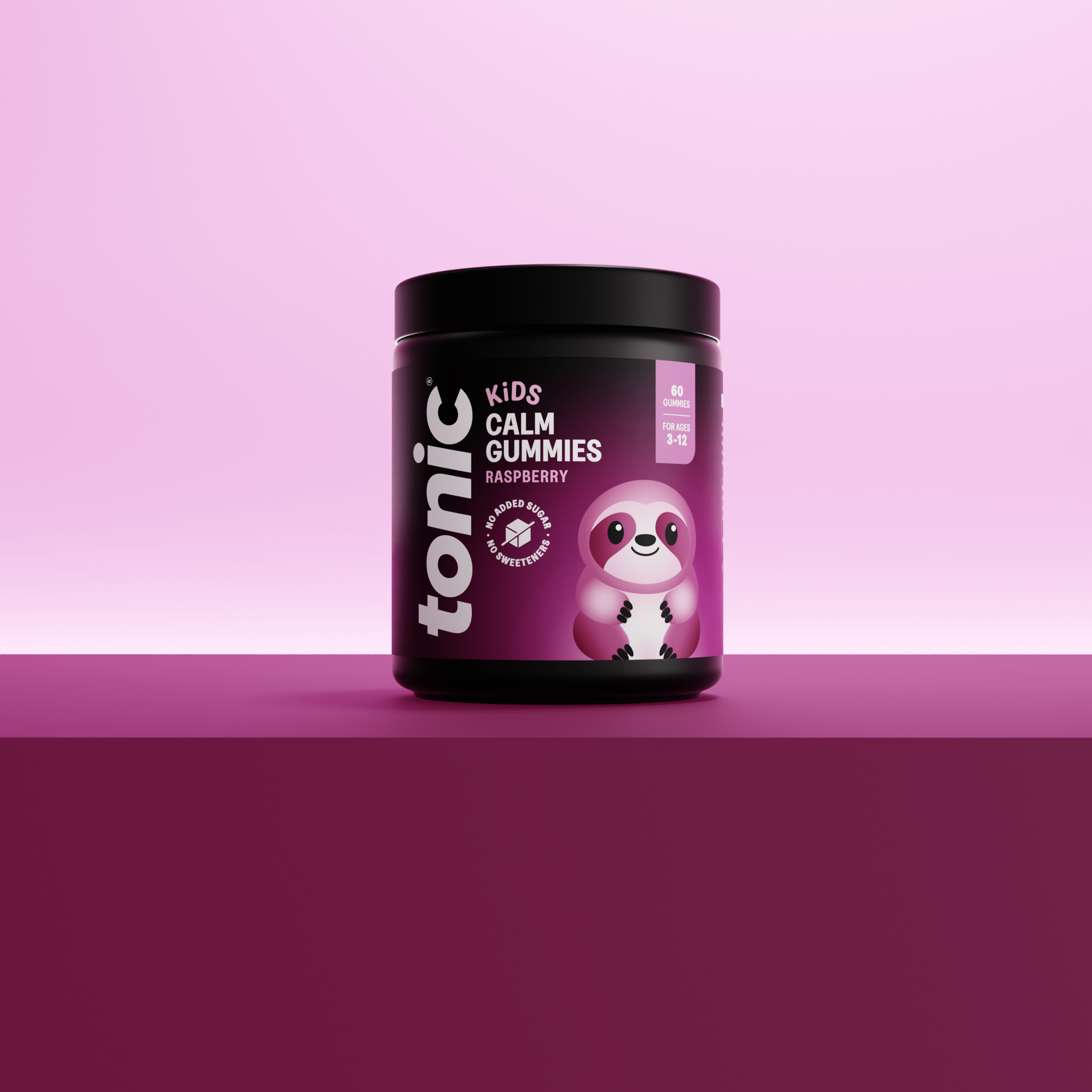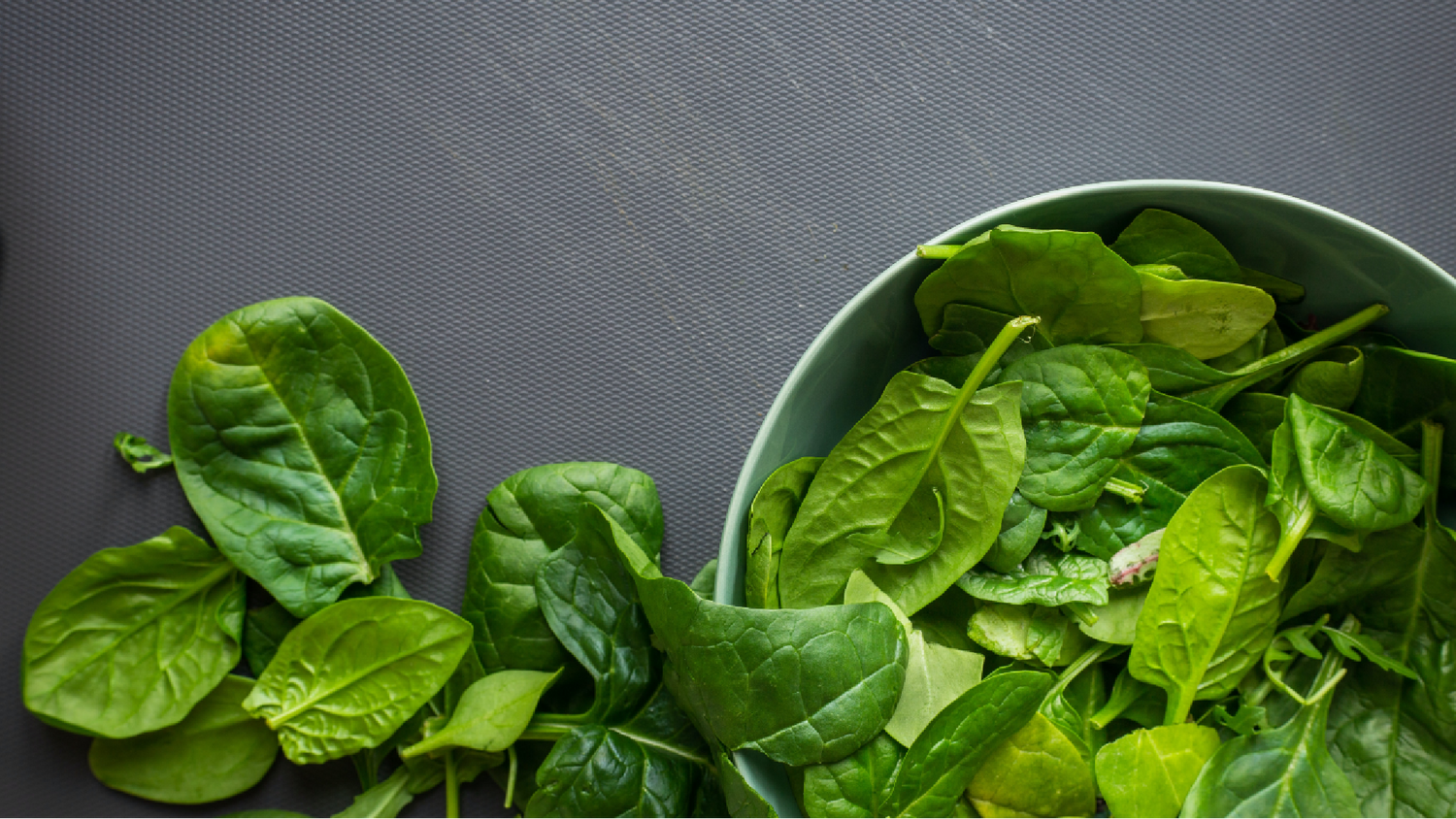Hear the word selenium and you might think you’re back at school, learning about the periodic table but this essential mineral has a big role to play in keeping you healthy.
From helping brain function to giving you a stronger immune system, let’s get to it and find out exactly what the benefits of selenium are.

Benefit of selenium 1: A stronger immune system
Tonic is all about improving the immune system naturally and getting the right minerals is a great place to start.
Selenium is a trace mineral, which means you don’t need much of it to stay in great health. It aids cognitive function, metabolism and even fertility and you’ll find it in foods from brazil nuts to eggs to oysters. It plays a key role in supporting your immune health because it’s an antioxidant which reduces oxidative stress.
What’s oxidative stress? It’s the process of healthy cells getting attacked by free radicals caused by things like drinking alcohol, daily stress, excessive exercise or eating unhealthy processed foods.
Selenium helps to fight free radicals, decreasing inflammation, keeping cells healthy and giving you a stronger immune system in the process.

Benefit of selenium 2: It helps to reduce diseases
Now that we’ve cleared up what oxidative stress is, let’s talk about what it does.
In the short term, you’re looking at potential joint pain, fatigue or brain fog. In the longer term, oxidative stress has been linked to a whole host of chronic illnesses including heart disease, cancer and Alzheimer’s.
When you get more antioxidants, including vitamin C, D and selenium, it helps to keep those free radicals in check. And once they are, there’s less risk of those nasty diseases.
Find out more about vitamin C and D and why we pack antioxidants into Tonic Daily Immunity.
Benefit of selenium 3: It helps keep your brain healthy

It’s back to that oxidative stress again. Not only can it affect your physical health but it’s thought to play a part in the onset and progression of neurological conditions such as Alzheimer’s, Parkinson’s and multiple sclerosis.
Research into Mediterranean diets, with selenium-rich foods like nuts and seafood, shows that there’s also a decreased risk of developing Alzheimer’s. Patients who suffer with the disease have shown lower blood levels of selenium.
Can you get all the vitamins you need from your diet? Find out here.
Benefit of selenium 4: It helps your thyroid to work well
Your thyroid gland helps to make the hormones that regulate your body’s metabolism. In fact, there’s more selenium found in thyroid tissue than in any other human organ.
Past research shows that there’s a link between selenium deficiency and thyroid conditions including Hashimoto’s thyroiditis, where the immune system attacks the thyroid gland.
A healthy intake of selenium helps to shield your thyroid, encouraging it to work well and keep you in good shape.
Benefit of selenium 5: It might lower your cancer risk
A 2016 review of 69 studies found that high levels of selenium in your blood could be linked to a reduced risk of certain cancers including breast, prostate, lung and colon cancer.
It’s important to say that research into selenium’s impact on cancer isn’t conclusive. Even so, with a reputation for minimising oxidative stress, DNA damage and killing cancer cells, it makes sense that a good level of selenium could lower your risk of cancer.
Benefit of selenium 6: It could enhance fertility
Some studies show that selenium could be a factor in both male and female fertility, helping to improve semen quality and lower the risk of miscarriage. A study in 2019 also found that the mineral might play a role in the health of the follicular fluid surrounding women’s eggs.
Benefit of selenium 7: It gives you better cardiovascular health
Cardiovascular health is about the state of your heart and blood vessels. Plaque can form in your arteries (it’s called atherosclerosis) and if you want a healthy heart, that’s something you need to avoid.
Atherosclerosis is more likely to happen when your body is full of inflammation and oxidative stress - you’ll already have read how good selenium is at tackling the last one.
As for inflammation, a review of 16 controlled studies involving more than 400,000 people with heart disease, found that taking selenium supplements could help to reduce levels of inflammatory protein (CRP). If you’ve high levels of selenium in your blood, you’re also at a lower general risk of heart disease too.
Our Daily immunity drink contains:
- 100ug of selenium
- 1500ug of vitamin A
- 1000mg vitamin C
- 25ug vitamin D3
- 12mg vitamin E
- 10mg zinc
- 50mg L-glutathione
- 100mg N-acetyl cysteine
- 10mg lipoic acid
- 150mg reishi mushroom extract
Other sources:
https://www.healthline.com/nutrition/selenium-benefits
https://www.medicalnewstoday.com/articles/287842
https://www.webmd.com/a-to-z-guides/supplement-guide-selenium
https://www.webmd.com/vitamins/ai/ingredientmono-1003/selenium










Leave a comment
All comments are moderated before being published.
This site is protected by hCaptcha and the hCaptcha Privacy Policy and Terms of Service apply.